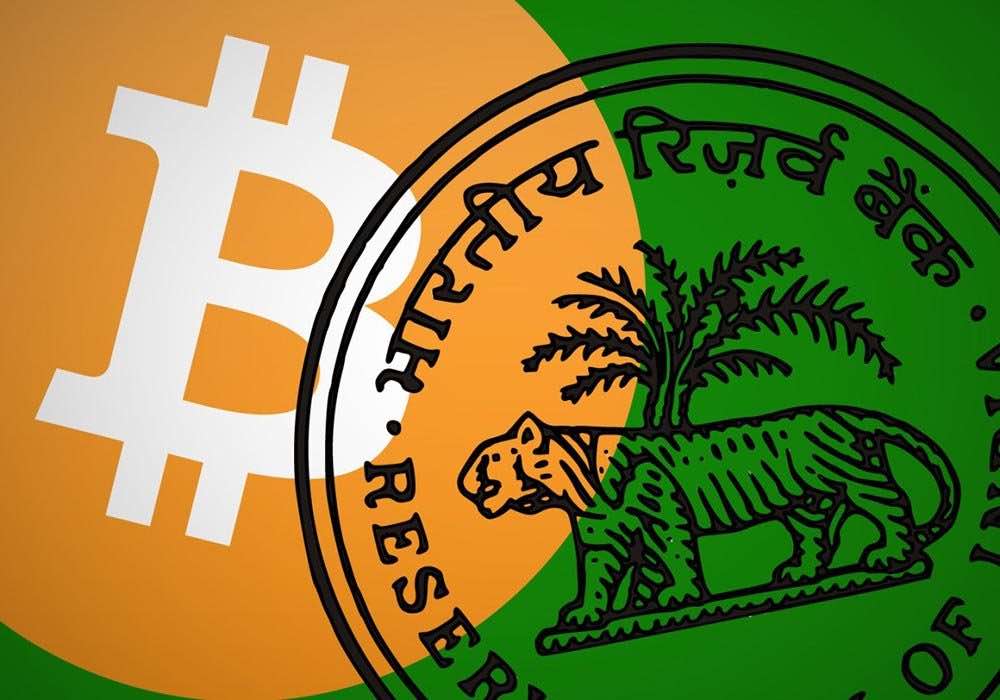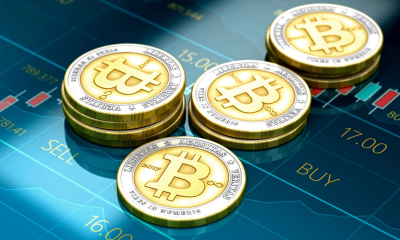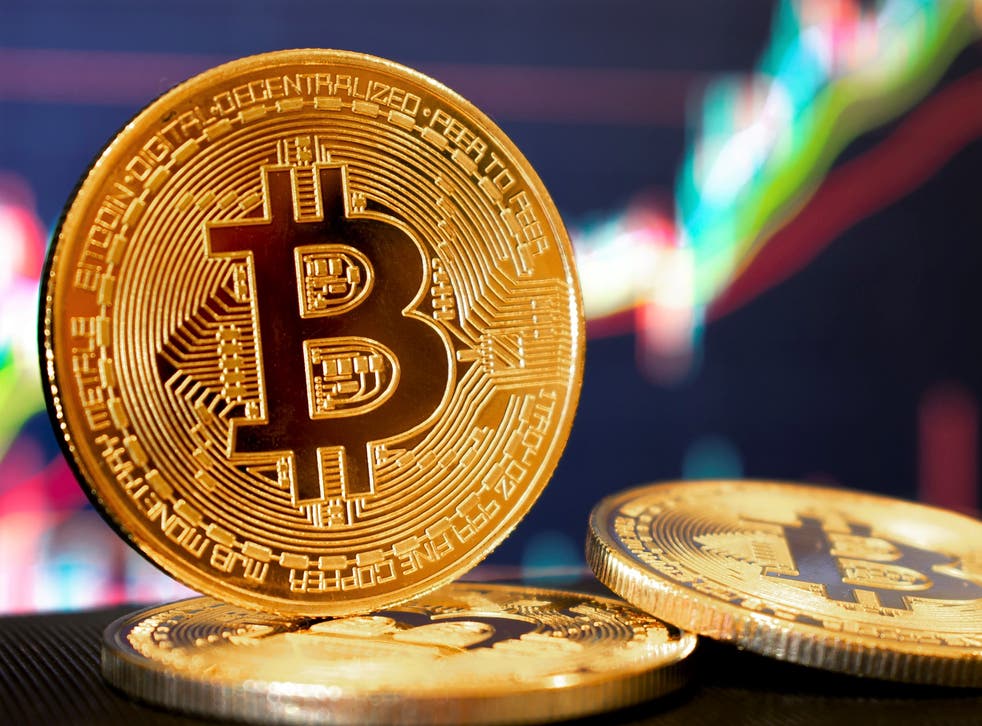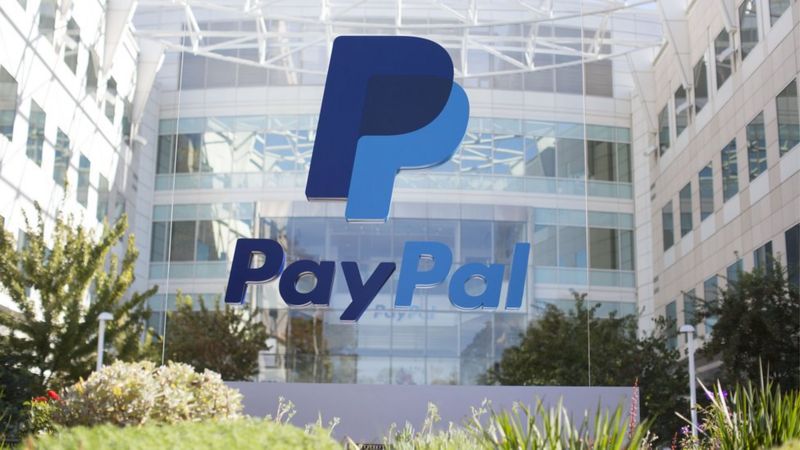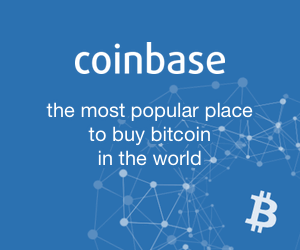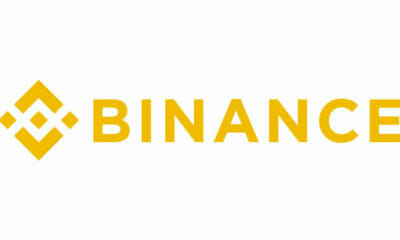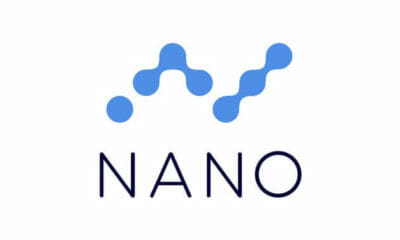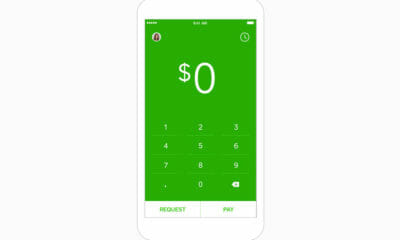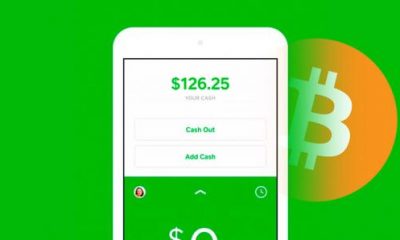Count India among the countries bolstering regulator scrutiny of digital currencies. The Reserve Bank of India (RBI) said Thursday it is banning India’s regulated financial institutions from dealing in cryptocurrencies.
“In view of the associated risks, it has been decided that, with immediate effect, entities regulated by RBI shall not deal with or provide services to any individual or business entities dealing with or settling [virtual currencies],” said RBI, India’s central bank, in a statement.
Bitcoin prices were lower by less than 1% at this writing, but that does not mean the RBI news is not potentially impactful. India is the world’s second-largest country by population and Asia’s third-largest economy, statistics underscoring a potentially massive and lucrative market for digital currencies.
India’s “tax department sent notices about cryptocurrency investing to tens of thousands of citizens after a national survey showed more than $3.5 billion worth of transactions have been conducted over a 17-month period,” according to CNBC.
Not Alone
India is the latest country to strike a harsh regulatory tone regarding digital currencies. In the U.S., the Securities Exchange Commission (SEC) has repeatedly warned investors about the dangers of some initial coin offerings (ICOs). Additionally, the SEC has yet to approve bitcoin-based exchange traded funds (ETFs) and has also prevented companies and fund issuers from using “blockchain” in their names.
Last month, Japan’s Financial Services Agency warned cryptocurrency exchange operators there that they must have licenses to operate in Japan. Japan recognizes bitcoin as legal tender, but India does not.
“Virtual Currencies (VCs), also variously referred to as crypto currencies and crypto assets, raise concerns of consumer protection, market integrity and money laundering, among others,” said RBI. “Reserve Bank has repeatedly cautioned users, holders and traders of virtual currencies, including Bitcoins, regarding various risks associated in dealing with such virtual currencies.”
RBI has a more sanguine view on blockchain, the technology underpinning digital currency transactions.
“Technological innovations, including those underlying virtual currencies, have the potential to improve the efficiency and inclusiveness of the financial system,” said the Indian central bank.
RBI is also expected to release a report in June regarding the feasibility of introducing a central bank digital currency.

